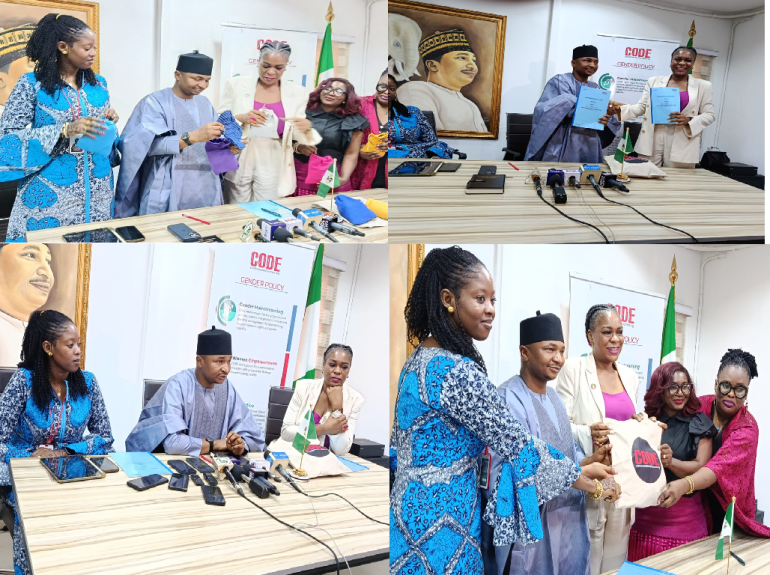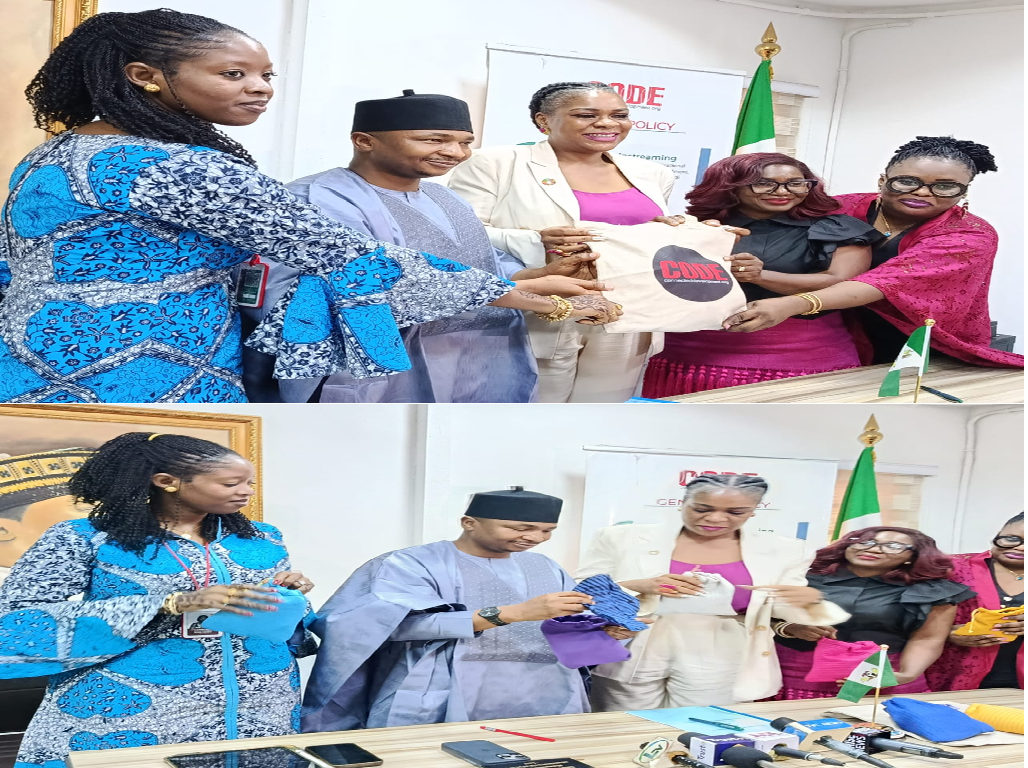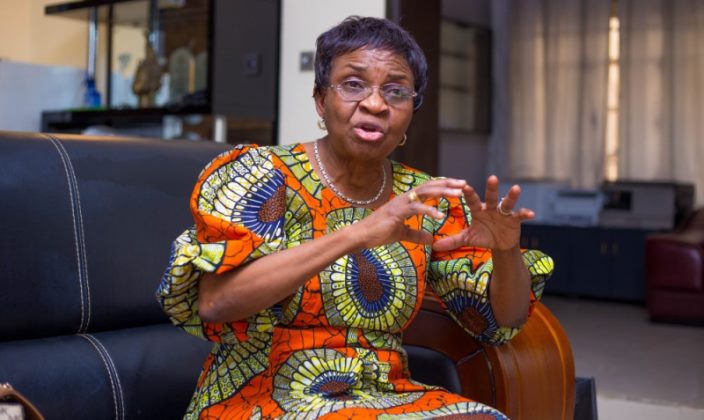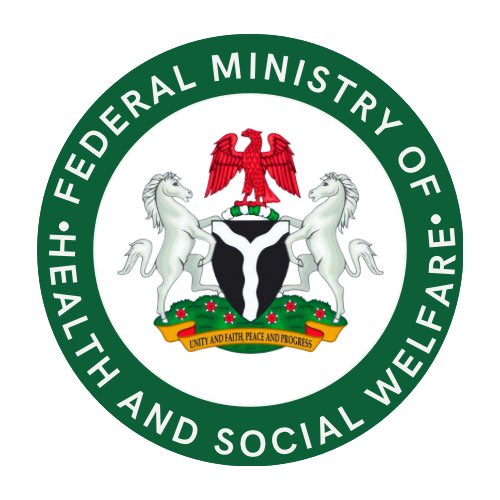Listeners:
Top listeners:
-
play_arrow
104.9FM Best rock music demo
-
play_arrow
Demo Radio Nr.1 For New Music And All The Hits!
-
play_arrow
Demo Radio Techno Top Music Radio
-
 play_arrow
play_arrow
Police Commissioner Launches Weapon and Riot Control Training for FCT Officers Democracy Radio
By: Julian Osamoto
An advocacy group Connected Development (CODE) and social enterprise HUMANx is tackling period poverty head-on with a plan to distribute two hundred reusable menstrual pads to underserved communities.
The initiative, formalised through a Memorandum of Understanding signed in Abuja, aims to reduce school absenteeism among girls who lack access to sanitary products during menstruation.
At the heart of the campaign is the ‘dignity pad’, a washable, reusable pad designed to last up to four years — offering a sustainable and cost-effective solution for women and girls in rural and low-income areas.
Briefing news men in Abuja, Gbemi Elekula, founder of HUMANx said, “No girl should miss school because of her period,”
Speaking further, Ms Elekula, emphasised, “We’re using proceeds from our fashion business to fund the production and free distribution of dignity pads where they’re needed most.”
According to her, CODE will lead on ground-level distribution across six states — Kogi, Bauchi, Kaduna, Bayelsa, Enugu, and Ogun and will collect feedback from beneficiaries to assess impact over the next 18 months.
Earlier, Hamzat Lawal, Executive Director of CODE, said. “This partnership is not just about pads, it’s about dignity, education, and equality. We are also training girls to make these pads themselves, giving them skills and restoring their confidence.”

“In Nigeria, over 30 million girls do not have access to menstrual hygiene products. In schools, they don’t even have watch facilities. And in most cases, when girls are on their period, they lose five to seven active days of education. This is unacceptable.”
“Today, what we seek to achieve is to ensure that girls in remote communities have access to reusable pads made locally. And we hope that this can help to reduce infectious diseases. And girls, when they’re on their period, can actually go to school and continue to learn” Lawal stated.
The organisations are also working to engage communities, including men, to address stigma and promote menstrual hygiene education an initiative which the believe contributes directly to Sustainable Development Goals (SDGs), by addressing gender inequality and improving access to education as well as healthcare for girls.
The signing ceremony marked the beginning of what both parties call “a united front to end period poverty in Nigeria.”
Written by: Julian Osamoto
#CODE #DemocracyRadio #dignity pad #HUMANx
Similar posts
Copyright Democracy Radio -2024



